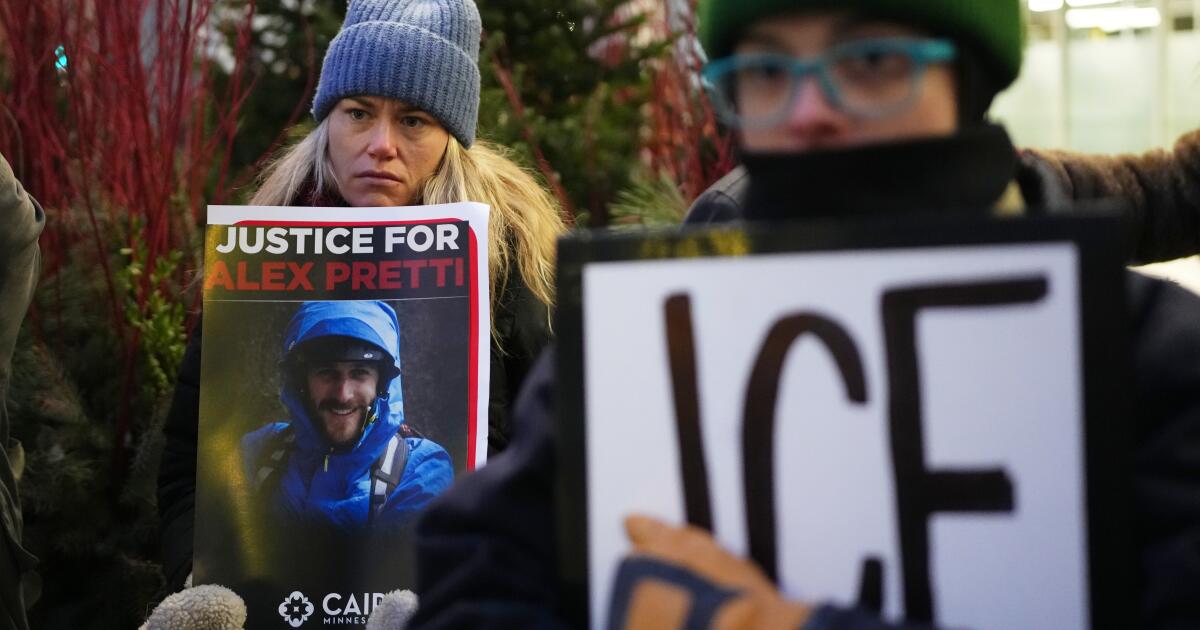Judge orders ICE chief to appear in court to explain why detainees have been denied due process
MINNEAPOLIS — The chief federal judge in Minnesota says the Trump administration has failed to comply with orders to hold hearings for detained immigrants and ordered the head of Immigration and Customs Enforcement to appear before him Friday to explain why he should not be held in contempt.
In an order dated Monday, Chief Judge Patrick J. Schiltz said Todd Lyons, the acting director of ICE, must appear personally in court. Schiltz took the administration to task over its handling of bond hearings for immigrants it has detained.
“This Court has been extremely patient with respondents, even though respondents decided to send thousands of agents to Minnesota to detain aliens without making any provision for dealing with the hundreds of habeas petitions and other lawsuits that were sure to result,” the judge wrote.
The order comes a day after President Trump ordered border advisor Tom Homan to take over his administration’s immigration crackdown in Minnesota following the second death this month of a person at the hands of an immigration law enforcement officer.
Trump said in an interview broadcast Tuesday that he had “great calls” with Minnesota Gov. Tim Walz and Minneapolis Mayor Jacob Frey on Monday, mirroring comments he made immediately after the calls.
The White House had tried to blame Democratic leaders for the protests of federal officers conducting immigration raids. But after the killing of Alex Pretti on Saturday and videos suggesting he was not an active threat, the administration tapped Homan to take charge of the Minnesota operation from Border Patrol commander Gregory Bovino.
Schiltz’s order also follows a federal court hearing Monday on a request by the state and the mayors of Minneapolis and St. Paul for a judge to order a halt to the immigration law enforcement surge. The judge said she would prioritize the ruling but did not give a timeline for a decision.
Schiltz wrote that he recognizes ordering the head of a federal agency to appear personally is extraordinary. “But the extent of ICE’s violation of court orders is likewise extraordinary, and lesser measures have been tried and failed,” he said.
“Respondents have continually assured the Court that they recognize their obligation to comply with Court orders, and that they have taken steps to ensure that those orders will be honored going forward,” he wrote. “Unfortunately, though, the violations continue.”
The Associated Press left messages Tuesday with ICE and a DHS Department of Homeland Security spokesperson seeking a response.
The order lists the petitioner by first name and last initials: Juan T.R. It says the court granted a petition on Jan. 14 to provide him with a bond hearing within seven days. On Jan. 23, his lawyers told the court the petitioner was still detained. Court documents show the petitioner is a citizen of Ecuador who came to the United States around 1999.
The order says Schiltz will cancel Lyons’ appearance if the petitioner is released from custody.
Catalini and Karnowski write for the Associated Press. Catalini reported from Trenton, N.J.
